Prince Philip: the royal reactionary was really a progressive
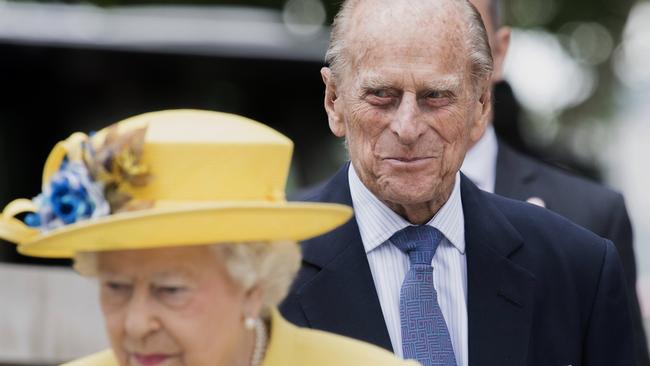
As it turned out, the Duke of Edinburgh kept his side of the undertaking. Sadly, the project managers let him down; the line is not due to open until next year. But the story illustrates two sides to this extraordinary life. The irascibility, of course, is what a younger generation may associate most memorably with Prince Philip. He could be extraordinarily rude, and as he grew older his opinions hardened, and with them a wide range of pet dislikes, including journalists and politicians.
But I’d argue that the grumpy old man image has come, quite unfairly, to eclipse the essential modernity of the man. A rationalist who believed in science and technology, who found industry and engineering endlessly fascinating, and who grounded himself in the detail as well as the broader view, it was both the prince’s fate and his purpose to drag a world of palace protocol, tedious ceremony and footmen wearing powdered wigs into a post-Second World War era.
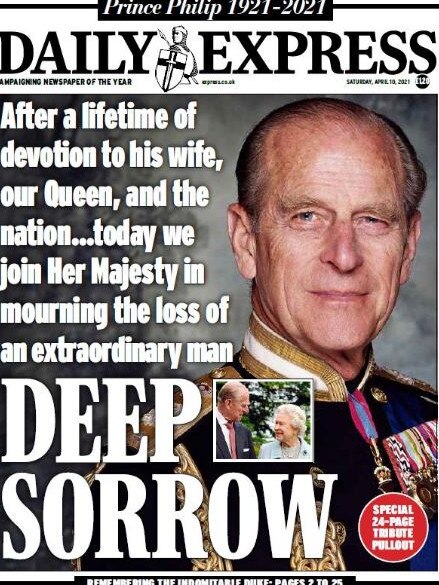
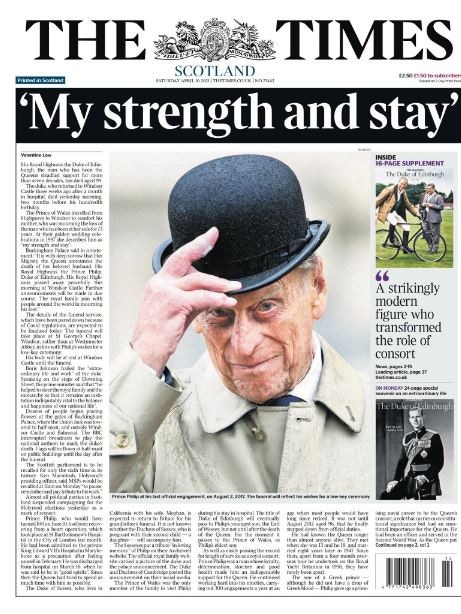
Philip was a moderniser. There was of course a fundamental mismatch between the technocrat, the young officer whom contemporaries believe would have gone far in the Royal Navy on his merits alone, and the institution that gave him his prominence and platform: the British monarchy. He will not have been unaware of the irony, and it must have grated. But however unmeritocratically gained, like Queen Victoria’s consort, Prince Albert, the duke used his platform to champion a vision of Britain as a leading force in the new world that seemed to beckon an exhausted and war-weary country. Out went the powdered wigs.
The duke’s reputation was done some disservice by his portrayal in the first two series of the wonderfully watchable The Crown. True to the script but not to reality, the actor Matt Smith gave us a memorably raffish young buck - drinking, carousing, womanising and often, to the young Elizabeth’s distress, coming home drunk. In one episode he dropped anchor on a world tour at a palm-fringed Pacific island for a romp with his shipmates and some of the young local ladies. It is likely those scenes will have stayed in the minds of 21st-century TV viewers. They may even think it happened. It did not.
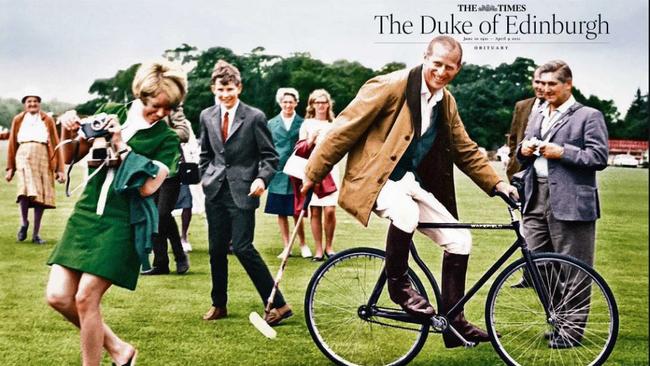
It may be true that early in the marriage their relationship had been under strain; and it’s certainly true that this round-the-world voyage with fellow officers — which did happen — raised eyebrows in the foreign press (our own was more deferential in those days). But even a playboy prince would have been idiotic to behave in so incautious a way; and Philip was never a playboy and not an idiot. He was deadly serious about his role and, in his way, as dutiful as his wife: it was just that the constraints of walking two paces behind a more important person, and enduring endless engagements in which fools had to be suffered, chafed with him.
Seriousness of purpose is neither required nor even always welcomed in a consort, but Philip insisted on having informed opinions — sometimes to the consternation of government ministers. His concerns about conservation and the environment were a relatively late flowering of his ever-present determination to understand.
My boyhood memories of our young Queen’s consort are very far from the partygoing rake of The Crown. The Philip my generation saw when he was young, and we were even younger, was forever visiting nuclear power stations, inspecting new dams or asking informed questions of workers on car assembly lines. When I see, as I do, lines of teenage townies struggling along the footpath past our house in the pouring rain, tired but bright-eyed as they work towards their Duke of Edinburgh’s Award, I get a keener sense of what Philip was all about than from watching fanciful scenes of a young roue cavorting with hula-maidens under waving palms.

There is, however, a powerful link between the earnest young prince and the dyspeptic old duke. Plain speaking. Obituaries this weekend will be filled with examples of his wit, quips and “those royal gaffes in full” but if you study them you’ll notice that directness of speech is what most share, what has often shocked this increasingly censorious age, and what must by turns have infuriated and secretly delighted a wife doomed to a lifetime of circumspection. I sometimes think that the duke had been channelling his wife’s inner candour.
I shall not repeat the scores of stories that will fill media retrospectives, but indulge me my two favourites. Neither is exactly “funny”. Both are deliciously sharp and undiplomatically honest. One happened to a friend. He was in line at a Windsor Castle investiture for his OBE. He had the customary 30-second chat with Prince Philip. So he told the duke how touched he was that his male partner had been invited to accompany him on this occasion. The duke shot him a grizzled glance. “Nothing to do with me,” he said.
The other, I fear, would be as apposite now as it was many years ago. At a gathering where some journalists were present, one was bold enough to remark to Prince Philip: “You and the Queen, sir, are admired everywhere for your sense of duty. It must cause you such anxiety that some of the younger members of the family seem from time to time to let the team down.” “Well, what were we supposed to do?” snapped Philip. “Strangle them at birth?”
I wrote about the duke on these pages some years ago and have not changed my view. We shall all, if we’re lucky enough to live long, become figures from the past. And in the end the spirit of our age, for much of our lives lagging frustratingly behind the pace we try to force, will pass us on the road and earn instead our grumpiness for going too fast. This finally was Philip’s fate. Yet the main thing to know about the Queen’s late husband is that he was from the start a strong impulse for the future. He would have hated the word, but his was a progressive spirit.

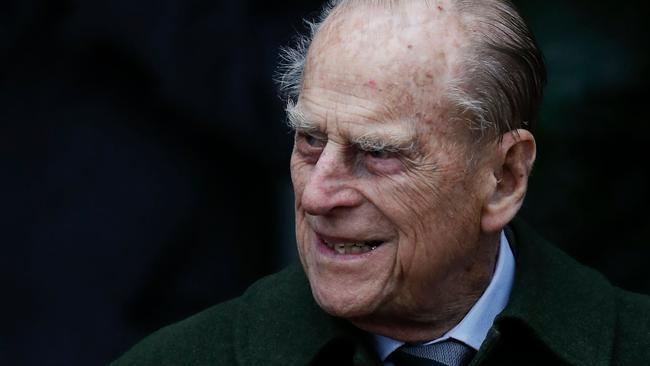
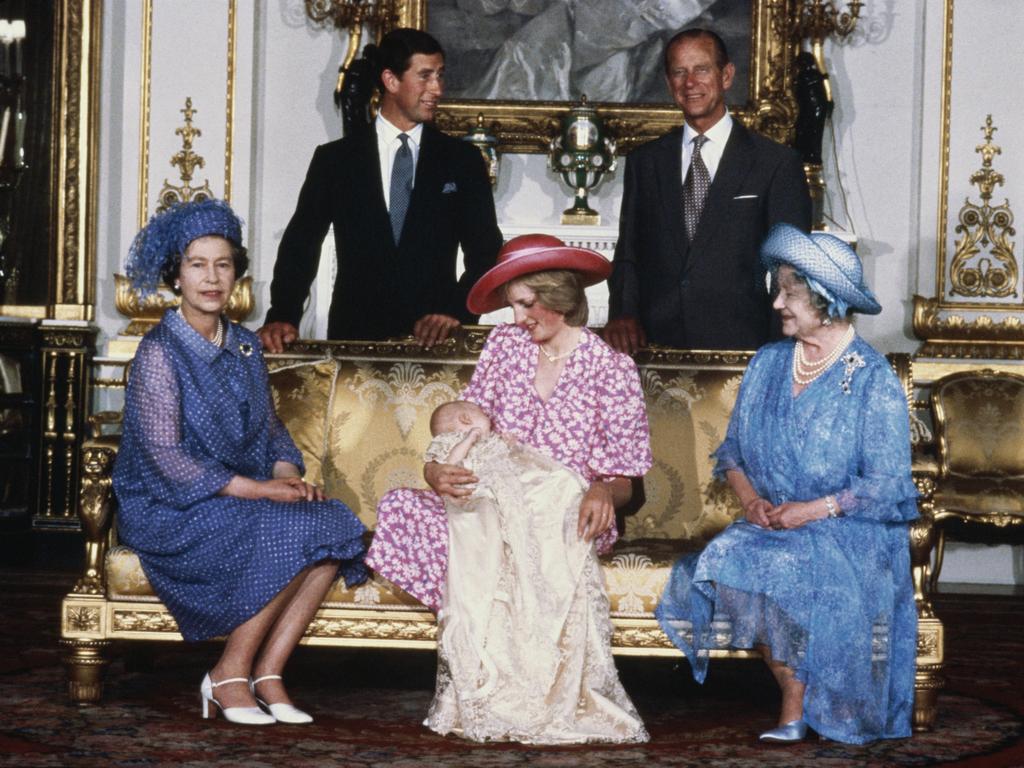
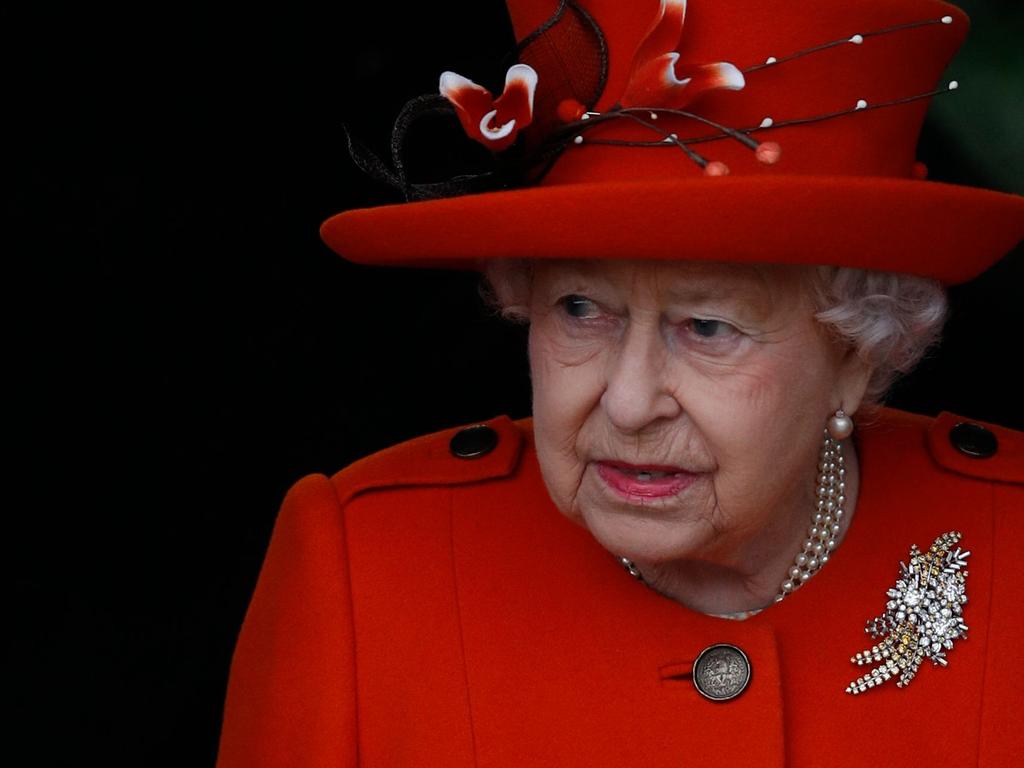




Several years ago Prince Philip — indefatigable as ever in his dedication to engineering and science — descended a shaft to where Crossrail was being tunnelled deep below London. Grumpy at first (he resisted the safety kit and helmet they wanted him to wear) he asked when the line would open. “2018,” he was told by then-optimistic bosses. “Oh. So too late for me,” said Philip, by then cheered up. “Or perhaps not?”